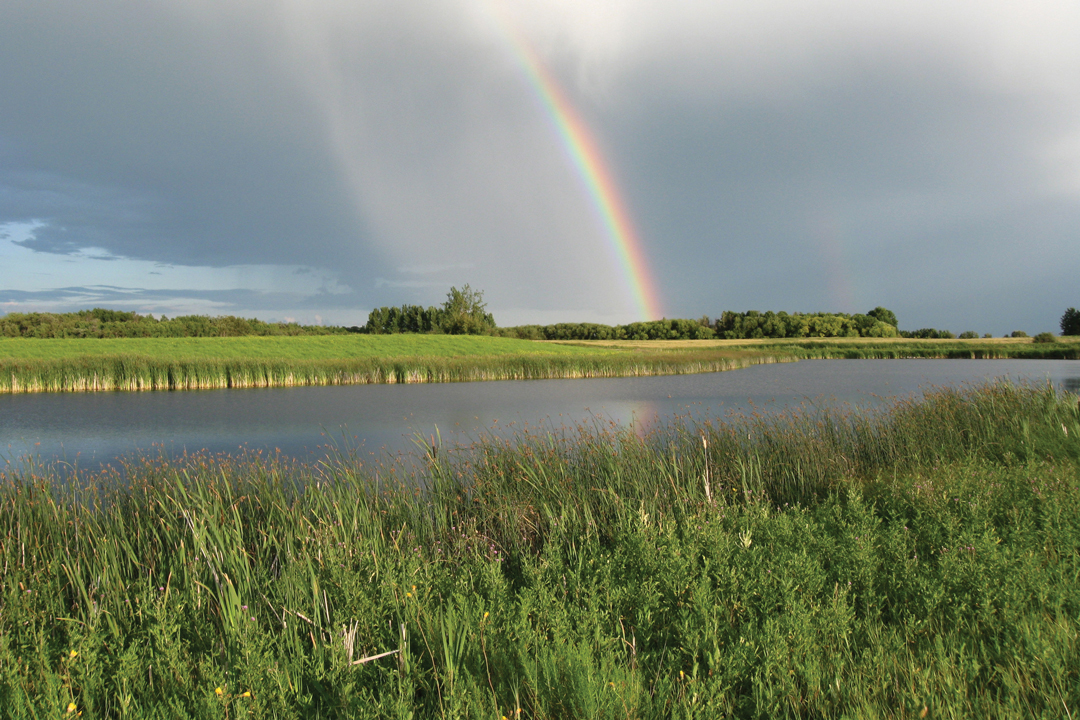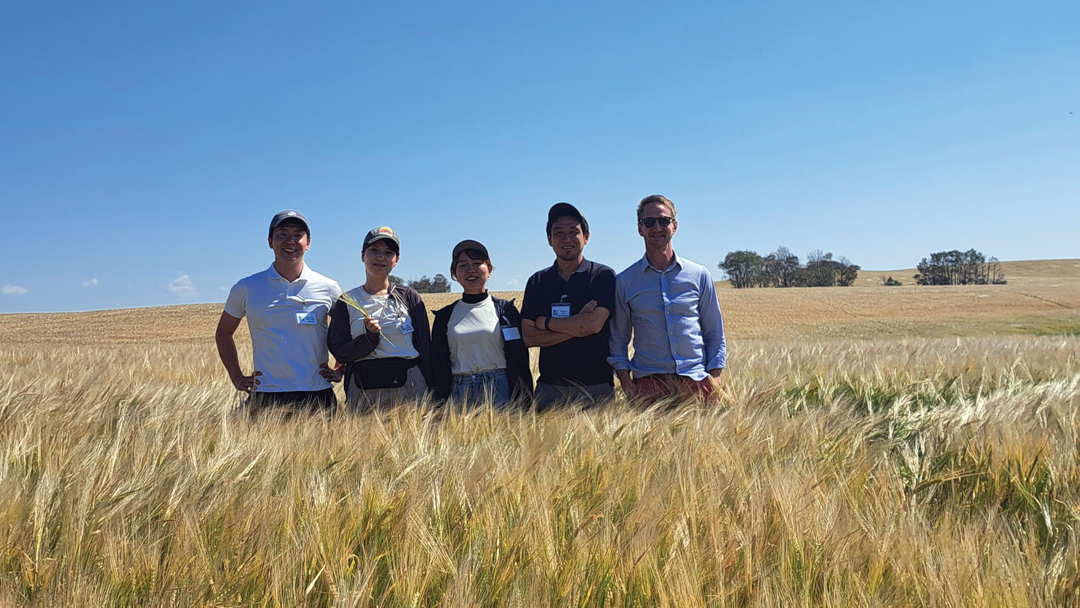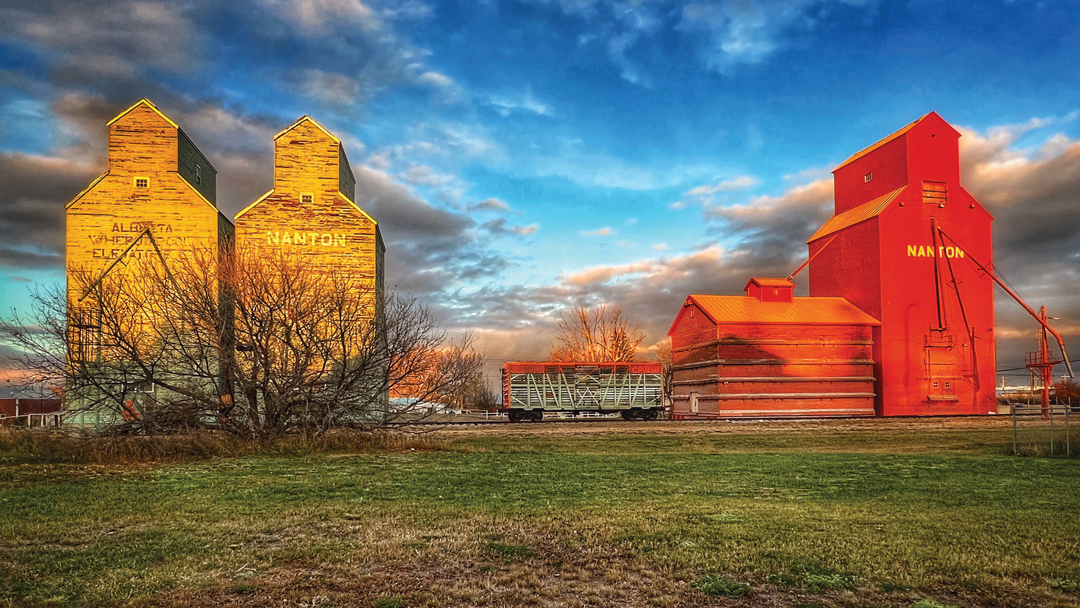AN ECO-LABEL OPPORTUNITY
BY DANIEL RAMAGE • PHOTO: COURTESY OF DUCKS UNLIMITED
A shared value strategy under development in the Canadian grains sector will enable eco-labelling for products made using western Canadian winter wheat, a crop that has seen a years-long decline in Prairie acreage. What is a shared value strategy? Simply put, shared value strategies are all about the improvement of business performance and profits across the supply chain while enabling new sustainable benefits for communities and the environment.
This partnership is being developed co-operatively by Cereals Canada, Ducks Unlimited Canada, Prairie winter wheat groups and end users including millers and food processors. The goal is to launch the eco-label publicly in 2021. Alberta Wheat Commission (AWC) is among the farm groups spearheading this work.
Supported by extensive research, the initiative is based on the fact winter wheat crops provide additional nesting habitat for wildlife—especially waterfowl and songbirds—on the Canadian Prairies. With more and more customers looking for sustainability outcomes, Canadian agriculture can capitalize on new opportunities for innovation in this space by unlocking shared value.
In July, Cereals Canada launched a working group with interested partners (including AWC) that is now developing the details of this initiative. The working group is collaborating to build a framework that will guide the eco-label’s development and implementation by participating partners along the value chain.
The end-goal is to develop an eco-label that participating companies will affix to products made using Western Canadian winter wheat. The eco-label will convey the positive impact western Canadian winter wheat has on the protection of wildlife habitat on the Prairies. It will ultimately help participating products to stand out on grocery store shelves while enabling consumers to make sustainable choices.
With the application of the eco-label, participating companies will showcase the positive sustainability impact of the products they make using western Canadian winter wheat. These might include pancake mix, cookies and flour.
The Canadian agriculture industry has led similar initiatives in the beef sector through the “CRSB Certified” eco-label. The beef sector’s success in showcasing sustainability through eco-labelling has demonstrated the potential for this type of approach, enabled by cooperation across the value chain. Use by companies such as McDonald’s and the Chop Steakhouse restaurant chain made this beef initiative a commercial success that put money in the pockets of ranchers.
To bolster the program’s credibility, the eco-label will be reinforced by the integration of recommendations that encourage voluntary best practices in crop production. A work in progress, the code of practice being developed by the Canadian Roundtable for Sustainable Crops will outline these best practices.
The eco-label initiative has the potential to deliver benefits to the entire value chain in three mutually reinforcing ways. First, eco-labelling may help food brands stand out in a competitive marketplace by capitalizing on untapped consumer demand for sustainability. A legitimate and unique sustainability claim that resonates with consumers could boost a company’s competitive edge. Second, by strengthening demand for western Canadian winter wheat, it offers farmers another crop rotation option. This in turn provides an additional tool to manage risk and boost profitability. Third, similar to the beef example, in telling the winter wheat sustainability story we can draw attention to the positive impacts that modern agriculture has on the environment.
From a broad industry perspective, shared value approaches such as the winter wheat eco-label project demonstrate the agriculture industry’s commitment to sustainability. They can improve competitiveness, profitability and create diversification. These are all tangible outcomes that benefit the entire ag value chain while bringing true meaning to Canada’s sustainability story.
Daniel Ramage is Cereals Canada director of market development.







Comments